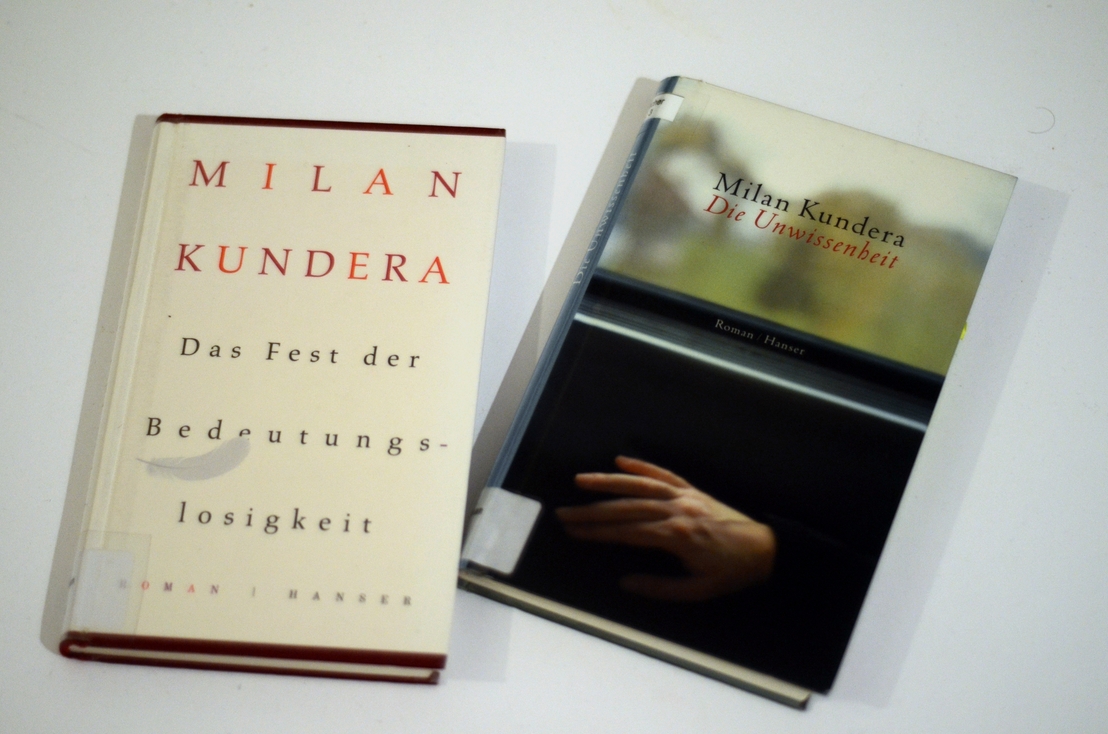The beginning of autumn found me in a reading slump. I couldn’t decide what to read next and didn’t feel like reading the books I had started. Eventually, I went to my local library and simply picked up three books that caught my eye. They turned out to be ok, if not spectacular then at least quick-and-easily readable. In numbers, this month I read 3 books (2 fiction, 1 non-fiction) totalling 547 pages, with a 3.3 average rating.
On Photography by Susan Sontag
🌕🌕🌕🌕🌑 In this collection of seven essays, Sontag talks about the role of photography in the American society (1970s) and how it had evolved historically. Each essay has a broad theme, such as the perception and depiction of marginalized communities through the lens of Diane Arbus, the power of photography and its (superficial) adoption as a leisure activity (a topic I wrote about in this post, or the parallels between surrealists and photographers.
Sontag makes in-depth, thoughtful, but also some far-fetched observations on photography (e.g., the sexual implication of the verbs “to load” a camera and “to shoot” a picture). Some essays lack a structure or coherent point, and read as fragmented thoughts, with no reference or validation. Nevertheless, it was an intellectually engaging read and it opened my eyes to new interpretations of my hobby.
Ignorance by Milan Kundera
🌕🌕🌕🌑🌑 Irena and Josef return to their hometown Prague after decades in France and Denmark, respectively, where they had emigrated due to the communist regime in the Czech Republic. Their comeback is met with anything but warmth and interest: relatives and old acquaintances don’t show any interest in the protagonists’ experiences of living abroad, they recall memories since before their emigration, reference insider jokes, or treat them as strangers, for whom it’s now too late to catch up with the life they had left behind.
This alienating experience shared between Irena and Josef raises questions such as: What and where is “home”? Can your non-native town or country really become a “home”? Why are immigrants still considered outsiders or temporary citizens, even after they had spent a lifetime or built a life in their country of choice? Why does the return to one’s hometown feel alienating? Why are emigrants viewed as deserters by those who stayed, who view themselves as victims.
I loved the core of this book because I could relate with the protagonists’ experiences, since I had moved to Austria and Germany. What I didn’t like so much was the storytelling, which seemed fragmented and interrupted by more or less relevant parantheses or references–typical Kundera.
The Festival of Insignificance by Milan Kundera
🌕🌕🌕🌑🌑 This book follows the lives and interactions of four friends in Paris: Alain, who has not seen his mother since his childhood and reflects on the meaning of the female bellybutton; Ramon, a retired intellectual who never manages to visit a Chagall exhibition; Charles, the owner of a catering firm and fan of anecdotes about Stalin; Caliban, an uncast actor who speaks in an invented language for fun.
The protagonists talk about the philosophical ideas of Hegel, Kant, and Schopenhauer with the same engagement as they do about women, parties, and life, in general. Don’t try to read too much into it, because nothing is serious or deep or lasting. This book felt like riding a carousel or walking around in an amusement park.
